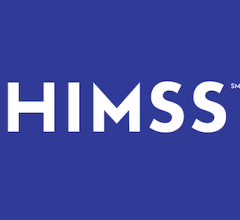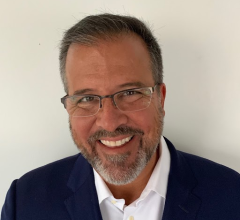January 28, 2016 — Boston Scientific Corp. and Accenture have developed a cloud-based, data-driven digital health solution for hospitals to help improve patient outcomes and reduce costs to treat patients with chronic cardiovascular diseases.
The solution, known as Advantics Care Pathway Transformation, is designed to enable providers to make more proactive and informed decisions based on insights into the patient population. The goal ultimately is improving the care a patient experiences from hospital stay through post-discharge care and in-home support.
The Care Pathway Transformation solution uses the Accenture analytics insights platform, which provides actionable insights into care coordination and patient population health patterns, revealing opportunities to improve their consistency and efficiency. The solution will focus on three key measurements:
- Pathway Analytics: how a patient moves through the hospital system, how long each step takes and whether a patient can be better served by a more efficient system;
- Care Management: how patients are diagnosed, treated and monitored, by whom and how often, as well as their ongoing vital signs and risk analysis; and
- Patient Engagement: how patients are educated, monitored and receive communication during their hospitalization and after discharge.
The solution has been tailored for insight into patients with heart failure, but the companies plan to expand it to additional disease states.
In developing this solution, both companies worked with two of the largest hospitals in Scandinavia — Karolinska University Hospital in Sweden and Tampere Heart Hospital in Finland — to assess the current state of care delivery for heart failure patients and identify opportunities for improvement at each hospital. Heart failure has been identified as one of the costliest disease states to manage — resulting in about 2 percent of healthcare spending and accounting for an average 11-day hospital stay in Europe.
"The collaboration with Boston Scientific and Accenture exposed significant opportunities to increase provider collaboration and improve the quality of care that patients experience when coming to our hospital," said Kari Niemelä, M.D., chief executive officer, Tampere Heart Hospital. "For example, we identified a 25 percent unnecessary heart failure readmissions rate, and therefore a definite need for better care coordination, supported by modern technology and processes that can decrease overall costs."
The two companies initially plan to make the Care Pathway Transformation solution available to hospitals in the United Kingdom and Scandinavia, and expect to pilot projects throughout Europe and the United States soon.
For more information: www.bostonscientific.com, www.accenture.com


 November 15, 2024
November 15, 2024 









